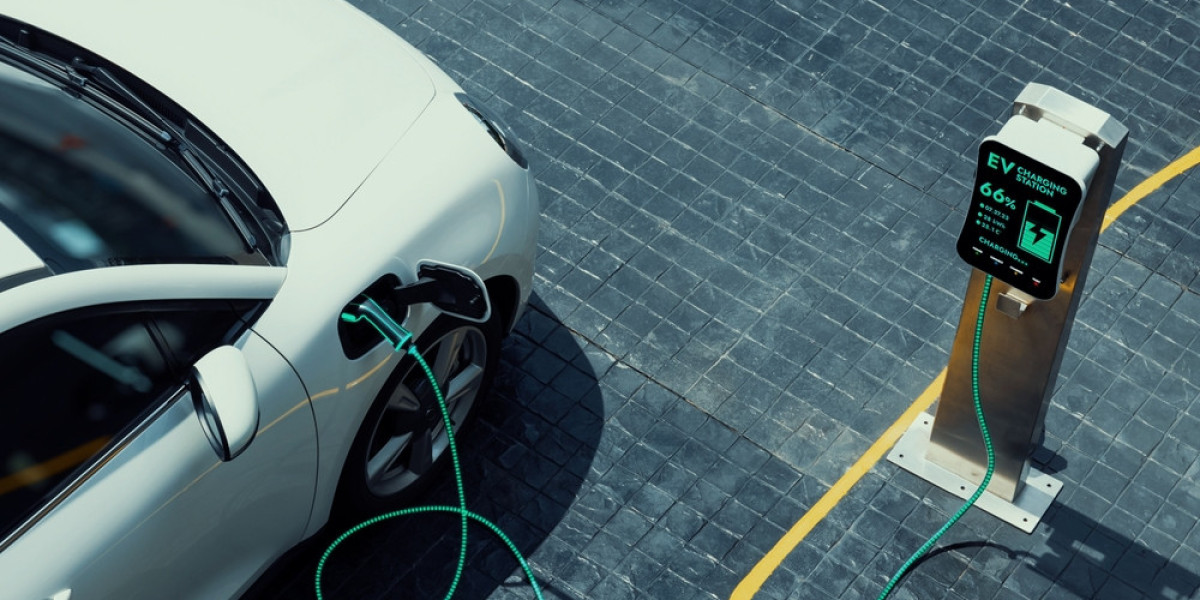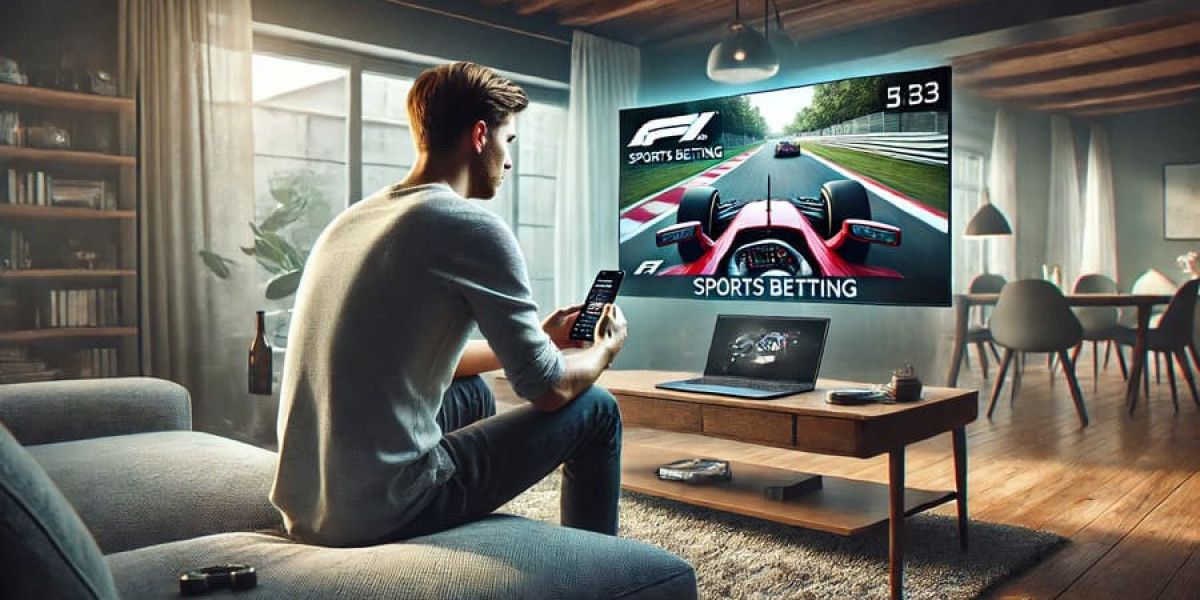As electric vehicles (EVs) continue to surge in popularity, more and more homeowners are considering the convenience of having their own EV charging station. After all, why rely on public charging stations when you can power up at home while watching Netflix or sleeping?
While installing an EV charger may seem like a straightforward task—especially for the seasoned DIYer—it’s far from a simple plug-and-play job. Between electrical upgrades, safety standards, and local regulations, this is one home improvement project best left to the pros.
In this guide, we’ll walk you through the key reasons why hiring a professional installer is not just smart, but essential. We’ll also highlight what exactly a certified installer brings to the table that even the most capable DIYer may miss.
The Rise of EVs and the Home Charging Boom
Let’s start with a bit of context. The EV market is booming. According to the International Energy Agency (IEA), global EV sales exceeded 14 million units in 2023, up from just 2.2 million in 2019. That’s a massive shift in just a few short years, and this growth is only accelerating. Source
Naturally, this growth has driven a sharp increase in the demand for home charging infrastructure. And with more EVs comes a new wave of homeowners considering whether to install a charger themselves or call in the experts.
The Complexities Behind a “Simple” EV Charger Installation
At first glance, an EV charger looks like a fairly simple appliance. But don’t be fooled—there’s a lot going on behind the scenes.
1. It’s Not Just Plug and Play
Level 1 chargers (which plug into a standard 120V outlet) are simple but incredibly slow—adding just 4 to 5 miles of range per hour. Most EV owners quickly upgrade to a Level 2 charger, which uses a 240V outlet and can add 25–60 miles of range per hour.
Here’s the catch: Level 2 chargers require dedicated circuits, potential panel upgrades, and often, hardwiring directly into your electrical system. This is not a job for a weekend warrior unless they happen to moonlight as a licensed electrician.
2. Electrical Load Calculations Are Critical
Most older homes weren’t designed to support high-powered appliances like EV chargers. A licensed electrician will assess your home’s existing electrical load to determine whether your service panel can handle the extra demand.
If not, a panel upgrade may be required—which involves coordinating with your utility provider and possibly the city. Misjudging this step could result in frequent circuit trips, overheating, or worse—electrical fires.
3. Permit and Code Compliance Is a Must
EV charger installations often require local permits. An experienced installer will not only know which permits are needed but will also handle the entire application process on your behalf.
Moreover, local and national codes (such as the NEC—National Electrical Code) must be followed to ensure safety and compliance. Mistakes or shortcuts can result in code violations, fines, or insurance issues down the line.
The Risks of DIY EV Charger Installation
Let’s get real for a second—DIY projects can be satisfying and cost-effective. But certain tasks come with risks that far outweigh the benefits, and EV charger installation is one of them.
Risk #1: Personal Safety
Installing a Level 2 charger involves high-voltage electricity. Without proper training and experience, you risk electrical shock, fire hazards, or even fatal injury.
Risk #2: Property Damage
Incorrect wiring or inadequate circuit protection can cause overheating, which could lead to electrical fires. And if that happens? Insurance may not cover damages if the work wasn’t performed by a licensed professional.
Risk #3: Legal and Insurance Issues
Many jurisdictions require that EV charger installations be performed or inspected by a licensed electrician. Doing it yourself could void your home insurance, or worse, expose you to legal liability in case of an accident.
According to a report by the Electrical Safety Foundation International, home electrical fires account for nearly 51,000 fires each year in the U.S., causing $1.3 billion in property damage. Source
What a Professional EV Charger Installer Brings to the Table
So, what exactly does a professional installer offer that makes them worth the investment? Let’s break it down.
1. Accurate Load Calculations and Site Assessment
Before any wires are touched, a professional will evaluate your home’s electrical panel, assess the best location for installation, and determine whether upgrades are necessary. This prevents overloads, outages, and ensures optimal charger performance.
2. Code-Compliant and Safe Installation
A licensed installer follows local and national electrical codes to the letter. They also ensure your charger is properly grounded, weather-protected (if outdoors), and fitted with the correct circuit breakers.
Most also offer warranties on labor and workmanship—something you’ll never get from a DIY YouTube tutorial.
3. Permit Handling and Inspection Coordination
Instead of spending hours researching which permits you need, a certified installer handles everything—from filing paperwork to coordinating final inspections with your local municipality.
This saves you time, headaches, and ensures your charger is fully legal and insurable.
4. Expert Troubleshooting and Maintenance Advice
EV charger not working properly? A pro can quickly diagnose the issue—whether it’s a faulty cable, bad connection, or circuit problem—and fix it without guesswork.
They can also provide future-proofing advice. Thinking of getting a second EV in a year? A smart installer might suggest pre-wiring for another charger or upgrading your panel now to avoid extra costs later.
Cost Considerations: Is a Pro Worth the Price?
A typical Level 2 EV charger installation ranges from $500 to $2,000 depending on complexity. That might feel steep, especially compared to a DIY job that seems "free."
But when you factor in the potential risks of doing it wrong—and the added value of professional expertise—the price becomes a lot more reasonable. Plus, many local governments and utility companies offer rebates or tax credits to offset the cost of professional installation.
In fact, some EV charger incentive programs require installation by a licensed professional in order to qualify.
Hidden Benefits of Professional Installation
Still not convinced? Here are a few less obvious—but equally important—benefits of going pro.
1. Better Resale Value
If you ever sell your home, a properly installed EV charger is a strong selling point. But buyers will want to know it was done to code by a certified electrician.
2. Faster Charging = More Convenience
Professionally installed Level 2 chargers deliver faster, more reliable charging than any plug-in workaround. You won’t waste time waiting for your car to charge—or risk an incomplete charge before work.
3. Peace of Mind
Knowing your system is safe, reliable, and legally compliant takes a load off your shoulders. That peace of mind is worth its weight in copper wiring.
Final Thoughts: Leave It to the Pros
We get it—DIY has its appeal. The satisfaction of building or fixing something yourself is hard to beat. But when it comes to installing an EV charger, the stakes are just too high.
With electrical safety, code compliance, permits, insurance, and performance all on the line, hiring a professional isn’t just the safer choice—it’s the smarter one. You’ll get faster charging, a future-ready setup, and the confidence that your home and vehicle are protected.
So before you reach for your toolkit, consider reaching for your phone instead. Call a certified EV charger installer and let them do what they do best.
Because when it comes to high-voltage electricity and high-performance vehicles, shortcuts aren’t just risky—they’re downright dangerous.








